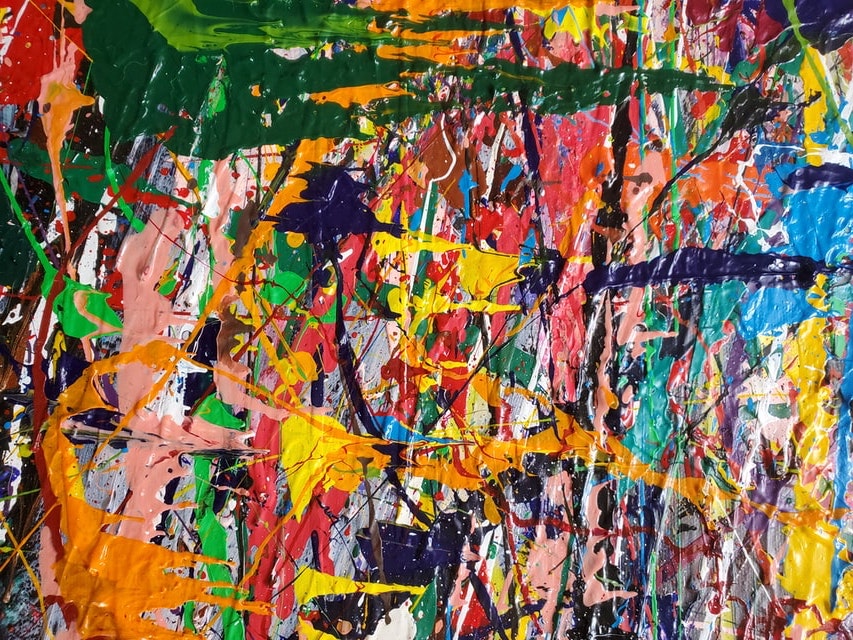A bit of a rant: Twitter has been, by and large, a bit of a mess. Now billionaire and self-appointed genius/savior Elon Musk says he wants to fix it. I think that’s a bad idea.
So: Twitter, a bit of a mess, much much for some than for others. I think I can safely say that, having been on the platform for over 15 years — and for what it’s worth, I’ve had a mostly positive experience throughout that time, I gained a lot: I learned tons, got priceless feedback on topics I never expected to, met a lot of friends and collaborators. Still, by and large, a bit of a mess, this platform. Lots of people having very, very bad experiences because of bad actors on the platform and a lack of protection against those bad actors in the form of content moderation
The problems were plenty: No clear mission, too much decision-making power resting in too few hands, the ad/tracking-based business model, slow and lacking response to harassment — and more.
The latter was being addressed over the last few years, there was clearly at least an effort to get the harassment and fake news and bots under control. Kicking the orange-haired troll of the platform certainly set a valuable signal in that regard.
Now here comes Elon Musk and wants to (I’m paraphrasing) save the platform, to unlock its potential, to make it a haven of “free speech”. By taking the platform private and gaining more direct control, he claims he can make all the necessary adjustments to make Twitter somehow “great again”.
The thing is, though, every single thing about this tries to solve a problem by moving everything in the exact opposite direction than necessary.
Twitter doesn’t need less content moderation, it needs to dramatically strengthen their capacity. Twitter doesn’t need platform rules that follow the law (everybody, including every platform, already has to do that anyway) but to have stronger, more ambitious rules of how to handle conflict, fake news, harassment, etc. Twitter doesn’t need to be more privately owned with more centralized control, but more decentralized ownership or at least oversight. (I’m hesitant to ask for Twitter to be truly publicly owned in the sense of government ownership, because that might open up a whole new can of worms.)
By the way, Ethan Zuckerman has shared some smart thoughts about this whole situation.
So: A billionaire, and especially a billionaire with an engineering mindset, is the perfectly wrong person to solve any of this. I truly hope that Musk’s acquisition attempt falls flat. If it succeeds, this platform — as flawed as it might be — will likely become a much worse place.
I think there’s (still) a lot to love about Twitter, a lot worth saving. At the very least until we have proper ways to migrate our networks across platforms again, like we once had and might get again due to the EU’s new interoperability and portability rules. For now, let’s see if and how this can be fixed; the chances of that happening seem to be much higher without E.M. in the picture.
Well, we’ll see.



